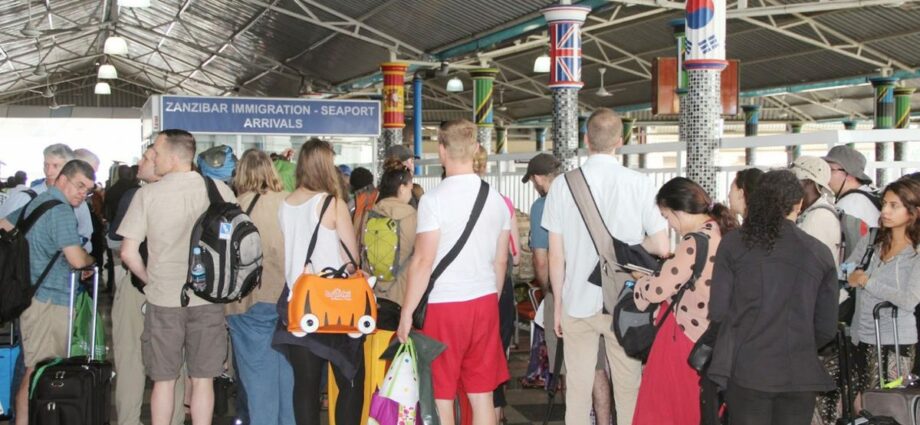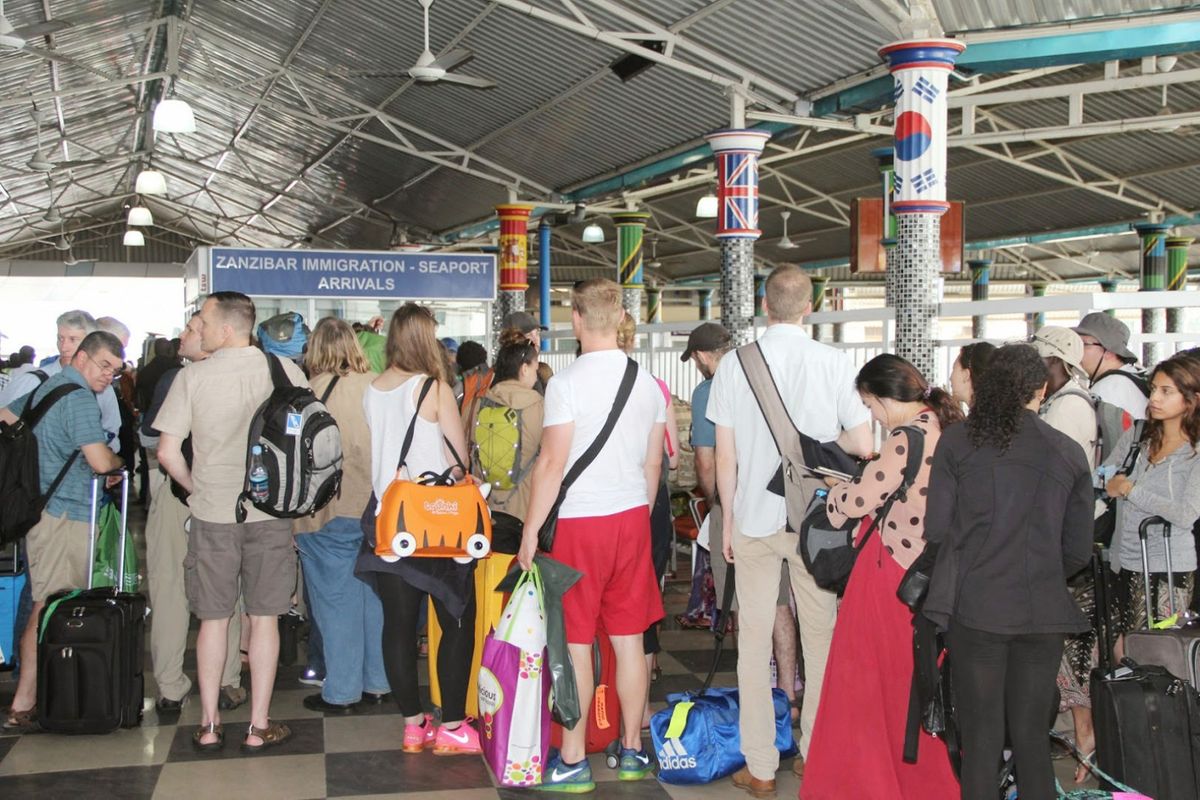Unguja. Tour operators, hoteliers, tourists, and tourism stakeholders are raising alarms over Zanzibar’s new mandatory $44 travel insurance fee, set to take effect on September 1.
Many who spoke to The Citizen argue that this additional charge could significantly impact the island’s tourism sector, making it less competitive compared to other destinations and potentially deterring visitors.
The ministry of tourism and the Zanzibar Commission for Tourism (ZCT) are yet to respond to questions asked regarding this new arrangement and its potential outcome.
The travel insurance fee has been criticized for potentially pushing Zanzibar several steps backward in its tourism revival efforts.
“As a professional marketer and travel consultant specializing in customer preferences, product promotion, and tourism in East Africa, it is evident that the recent decision by the government to impose a hefty additional charge of $44 to enter Zanzibar will likely deter tourists from choosing this destination,” Beth Curtis from Creative Africa Ltd said.
Though she does not see anything wrong with mandatory travel insurance, she notes that destinations like Thailand, which is offering free travel insurance until the end of 2024 to encourage visitors to go there, pose a significant challenge to Zanzibar’s appeal.
In most countries she says all a traveler has to do is to show proof of purchase a travel policy before departure and not necessarily buying from the host country on arrival.
Beth emphasized the importance of understanding how such fees impact consumer behavior and overall competitiveness in the global tourism market.
Others took to social media arguing that the mandatory insurance fee adds an unexpected burden on travellers, many of whom already purchase travel insurance through their banks or other providers.
“It seems to be just an additional tax on arrival, similar to a visa fee but under a different name,” writes Ryan.
He believes that while optional travel insurance can be a useful recommendation, forcing its purchase is problematic.
Others have also expressed concern about the timing and implementation of the fee.
“Hopefully, guests who have already booked their flights and hotels will not cancel their trips due to a fee of $44 per person,” remarked one Nungwi.
He warned that negative reactions on social media from incoming tourists could affect future reservations, potentially leading to a decline in visitors for 2025.
Others have pointed out that the new fee might disproportionately affect families and small groups.
“This means that for a family of four, you need to factor in $400 on top of your hotel and plane tickets.
This is really becoming an expensive destination,” said Jurgen.
He, along with other critics, believes that the combination of this fee and the existing infrastructure tax could push tourists towards more affordable nearby destinations.
Letricia noted that the fee might prevent mass tourism from overwhelming the island.
“If you are a couple, before you even set foot on the island, you have to part with $200,” she said.
However, she acknowledged that this could have broader implications for tourism numbers.
Jenny voiced frustration over the redundancy of the fee. “Most of us already pay for all that in our travel insurance. Now they want us to pay for the same thing twice,” she said.
Meanwhile, Dianna questioned how the insurance would be managed upon arrival and expressed uncertainty about its added value.
Stephen raised concerns about the rationale behind the decision, asking, “How many cases has Zanzibar had over the past year to inform this kind of decision?” He and others are skeptical about the fee’s effectiveness and its justification.
Overall, the reaction to the new travel insurance fee suggests it could have far-reaching consequences for Zanzibar’s tourism industry which is targeting some800,000 international arrivals in 2024.
Many fear that it will lead to a decrease in visitors, as travellers weigh the added costs against the benefits of alternative destinations.
The announcement
On Thursday authorities announced that visitors travelling to Zanzibar will now have to pay an insurance fee of $44 (about Sh118,360) with effect from September 1.
The fee will cover them for up to 92 days during their stay on the island.
The minister of Finance, Dr Saada Mkuya Salum, explained that this new arrangement aims to enhance services for visitors to Zanzibar.
“The insurance will cover various aspects that have previously been problematic for visitors, such as health, loss of baggage, accidents, emergency evacuation, loss of passports, and even repatriation of remains in case of death,” Dr Mkuya said.
She also mentioned that the government will assign dedicated staff to manage this insurance coverage to streamline service provision.
She emphasised that requiring visitors to pay for insurance is not unique to Zanzibar, as it is a common practice in many other countries.
“This is not a new concept; when we travel elsewhere, we also pay for travel insurance,” she noted.
The insurance coverage will be provided by the Zanzibar Insurance Corporation, a government-owned entity, and will not take into consideration whether one has another travel policy from elsewhere.















